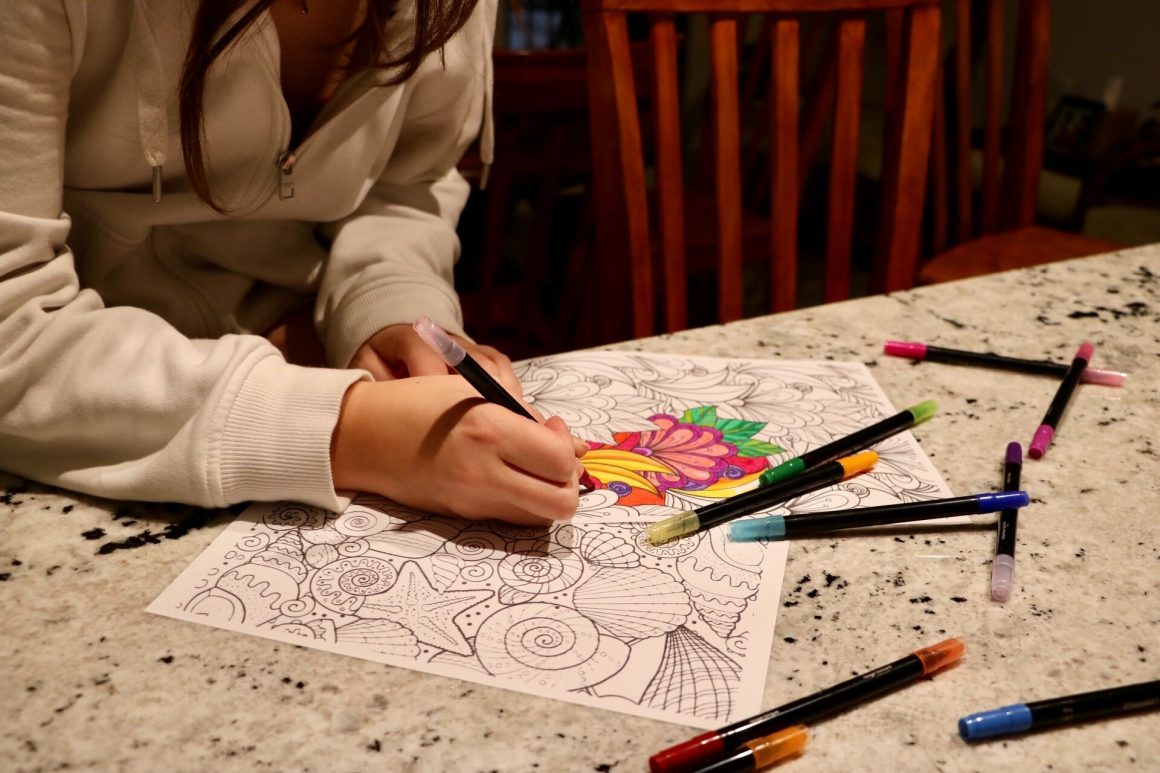
Six productive ways to spend your study breaks
By Amalia DeSantis, December 15 2021—
All too often, I find myself mindlessly scrolling through social media during my study breaks. By the end of my break, instead of feeling refreshed and ready to get back to studying, I feel groggy. Study breaks are important because they prevent burnout caused by studying for excessive amounts of time and they make revising a bit more bearable once you know there is a break in sight.
However, study breaks can also be productive, whether it be getting a small task over with or simply recharging and relaxing for a few moments. The following article will provide you with some productive ways to spend your study breaks instead of scrolling through social media.
Step away from your computer and go outside:
In the past year-and-a-half more than ever, we have been glued to our computers by back-to-back Zoom meetings and countless online tests and assignments. There is a good chance that your studying will involve staring at a screen, so it’s important to use your break as a time to give your eyes a rest from the blue light emitted by your computer.
Getting some time outside is a great way to ground yourself and help you relax if you are feeling overwhelmed by your studies. If the weather permits, it’s a fantastic idea to step outside and get some fresh air, even if only for a few minutes. A short walk around the block, a hike at Nose Hill Park or a walk in Bowness Park are great alternatives to remaining static at your desk. Even light exercise like a short walk helps get the blood pumping to your brain.
Have a healthy snack:
Your brain is a very expensive organ as it takes at least 20 per cent of your energy when you are in a resting state. Therefore, it’s important to fuel your brain to help maintain your concentration. Good study snacks should include foods that have complex carbohydrates, healthy fats and fibre. Foods high in these nutrients will leave you feeling full for longer and will give you the energy to continue studying without being distracted by your rumbling stomach.
Simple carbohydrates and processed sugars end up leaving you hungry quickly and hunger is the enemy to your focus. Foods like apples with peanut butter, veggies and pita with hummus, nuts, berries with yogurt and granola, popcorn, dark chocolate, dried fruits, trail mix or cheese and crackers are all great options, but this list is not exhaustive.
Read something that is not related to your academics:
Reading textbooks, research papers and other course materials are not the same as reading for enjoyment. Reading for enjoyment seems like something of the past, back in the good ol’ days when I could still read 500-page books in a few days. It’s important to read for pleasure as it is a great way to take a break from your studies, relax and feel productive. This can include reading fiction or non-fiction novels, short stories or poetry.
Magazines and websites like the New Yorker or the U of C’s very own, the Gauntlet offer a plethora of creative works, videos, articles and other reading materials to access free of charge. Bonus: the New Yorker and the Gauntlet have some great interactive crossword puzzles and other fun games.
Meditate:
Mediation is an amazing way to ground yourself and leave your mind feeling refreshed. Today, mediation has become mainstream and very accessible through free apps such as the Calm app. Study breaks are a great time to squeeze in a twenty-minute session to improve your focus and clarity, reduce stress and provide yourself with a healthy coping strategy for feeling anxious and overwhelmed by your schoolwork.
Do some chores:
Not to sound too much like your mother on a Saturday morning but do some chores! Tidying up your space can help you remain focused and feel productive. Doing chores on your study break is also a great way to take your mind off your studies for a few minutes. Whether it be putting on a load of laundry or making your bed, a cleaner learning environment can improve focus and reduce feelings of being overwhelmed.
Practice a form of self-care:
Self-care is vital to preventing burnout. Do whatever makes you feel good during your study break, whether it be unwinding to a short YouTube video, cuddling your pet, taking a hot shower or doing an adult colouring book. Prioritising your mental and physical health leads to improvements in your organisational abilities, coping strategies and the ability to study effectively.
Happy studying!
